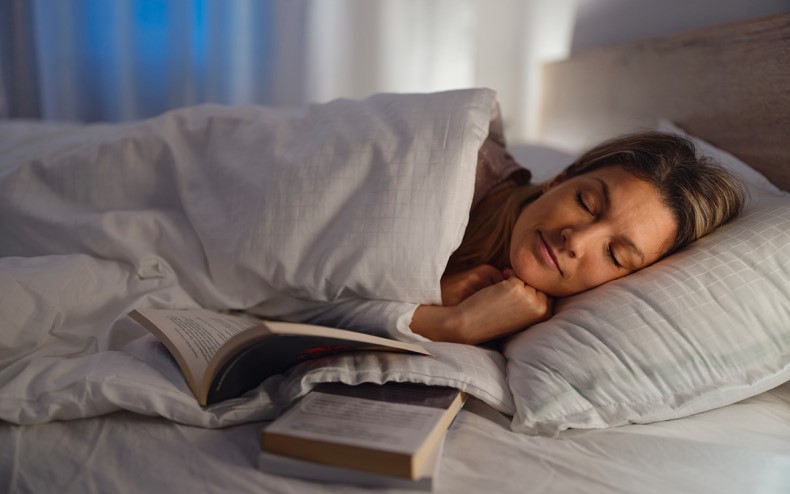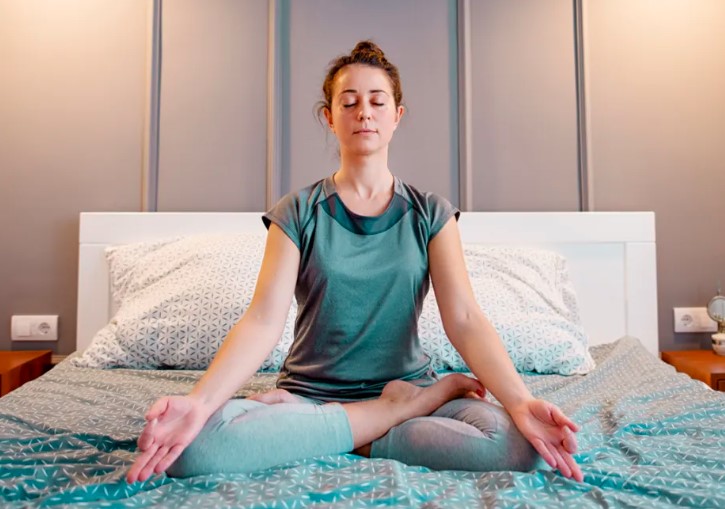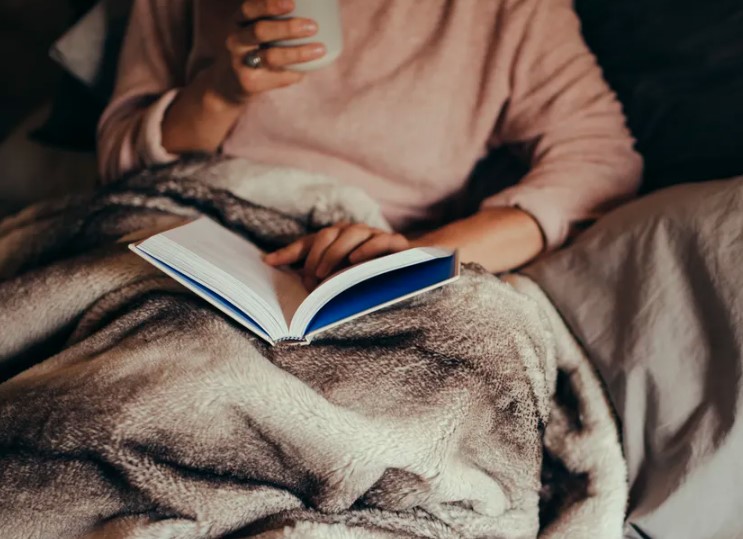
Introduction
A restful night’s sleep is essential for our overall well-being, yet many struggle to achieve it. Establishing a consistent evening routine can significantly improve the quality of your sleep. A relaxing evening routine helps your body transition from the hustle and bustle of the day to a state of calmness, preparing you for a night of deep, restorative sleep. In this guide, we’ll discuss how to create a relaxing evening routine that enhances your sleep quality.
1. Set a Consistent Bedtime
Your body thrives on routine. Going to bed at the same time every night helps regulate your internal clock, also known as the circadian rhythm. When your body knows when to wind down, it becomes easier to fall asleep and wake up feeling refreshed.
Tip: Set an alarm for bedtime, not just for waking up. This will remind you to start winding down.
For more tips on circadian rhythm and its impact on sleep, check out the National Sleep Foundation’s guide on circadian rhythms.
2. Limit Screen Time Before Bed
Blue light from phones, tablets, and computers interferes with melatonin production, a hormone that controls sleep. Avoid screens for at least 30 minutes before bed to help your brain produce melatonin naturally.
Actionable Tip: Instead of scrolling through social media, switch to reading a book or meditating before bed.
Learn more about blue light’s effect on sleep at the American Academy of Sleep Medicine.
3. Create a Calming Environment
The bedroom should be a sleep sanctuary. Keep your space cool, dark, and quiet to promote better sleep. If outside noise or light is an issue, consider using earplugs, blackout curtains, or a white noise machine.
Tip: Try using calming scents like lavender or chamomile. Aromatherapy can help create a more soothing environment.
Discover how aromatherapy can improve sleep quality at Johns Hopkins Medicine.
4. Practice Relaxation Techniques
Unwinding your mind is just as important as relaxing your body. Techniques such as meditation, deep breathing, or progressive muscle relaxation can reduce stress and help you mentally prepare for sleep.
Simple Practice: Spend 5-10 minutes practicing mindful breathing before bed. Focus on slow, deep breaths to relax your nervous system.
For guided relaxation exercises, visit Headspace.

5. Establish a Skincare or Self-Care Routine
Pampering yourself before bed not only benefits your skin but also signals to your brain that it’s time to relax. A consistent skincare routine can act as a gentle wind-down ritual that calms your mind and body.
Bonus Tip: Warm showers or baths can also lower your body temperature and prepare you for sleep.
Explore the connection between self-care and sleep on Psychology Today.
6. Limit Heavy Meals and Caffeine Intake
Better Sleep Eating heavy meals or drinking caffeinated beverages too close to bedtime can disrupt your sleep. Caffeine stays in your system for hours, making it harder to fall asleep. Likewise, indigestion from large meals can make you uncomfortable at night.
Tip: If you’re hungry before bed, opt for light snacks like almonds, a banana, or a glass of warm milk.
For more details on sleep and nutrition, visit the Sleep Foundation’s guide.
7. Journaling or Gratitude Practice
Better Sleep Taking a few minutes to journal your thoughts or list things you’re grateful for can help clear your mind before bed. A cluttered mind full of worries can make falling asleep more difficult. Writing down your thoughts helps process emotions and clears mental space for relaxation.
Idea: Write down 3 positive things that happened during the day before going to bed.
To explore how journaling helps with sleep, check out Greater Good Science Center’s guide.
8. Engage in Light Stretching or Yoga
Gentle stretching or bedtime yoga helps Better Sleep relieve muscle tension and stress accumulated throughout the day. It encourages relaxation and can signal to your body that it’s time to wind down.
Try This: A simple child’s pose or lying down with legs up the wall can promote relaxation.
Discover some simple yoga poses for sleep on Healthline.

9. Limit Alcohol and Sugary Snacks
While alcohol may make you drowsy initially, it disrupts your sleep cycle, leading to fragmented, poor-quality sleep. Similarly, sugary snacks can spike your blood sugar levels, causing restlessness.
Actionable Tip: Opt for a relaxing herbal tea like chamomile or peppermint instead of an alcoholic nightcap.
For more information on how alcohol affects sleep, visit Harvard Health.
10. Listen to Relaxing Music or Sleep Sounds
Calming music or nature sounds can help lull you into a peaceful state. Better Sleep Soft, ambient sounds help quiet a busy mind, allowing you to drift into sleep more easily.
Recommendation: Try a sleep playlist on Spotify or soothing nature sounds from a sound machine.
Read about how sound therapy improves sleep at Verywell Mind.
Conclusion
Creating a relaxing evening routine doesn’t have to be complicated. You can improve your sleep quality and overall well-being by incorporating small changes like limiting screen time, practicing relaxation techniques, or engaging in self-care. Better Sleep The key is consistency; over time, your body will learn to associate these activities with winding down, and you’ll enjoy more restful nights.
Remember, restful sleep is the foundation of good health. By following the tips above, you’ll be well on your way to a relaxing evening routine that promotes better sleep,
Must Read
Health Education: Essential Foods for Health and Fitness
How Can We Maintain Our Health from Home in 2024
